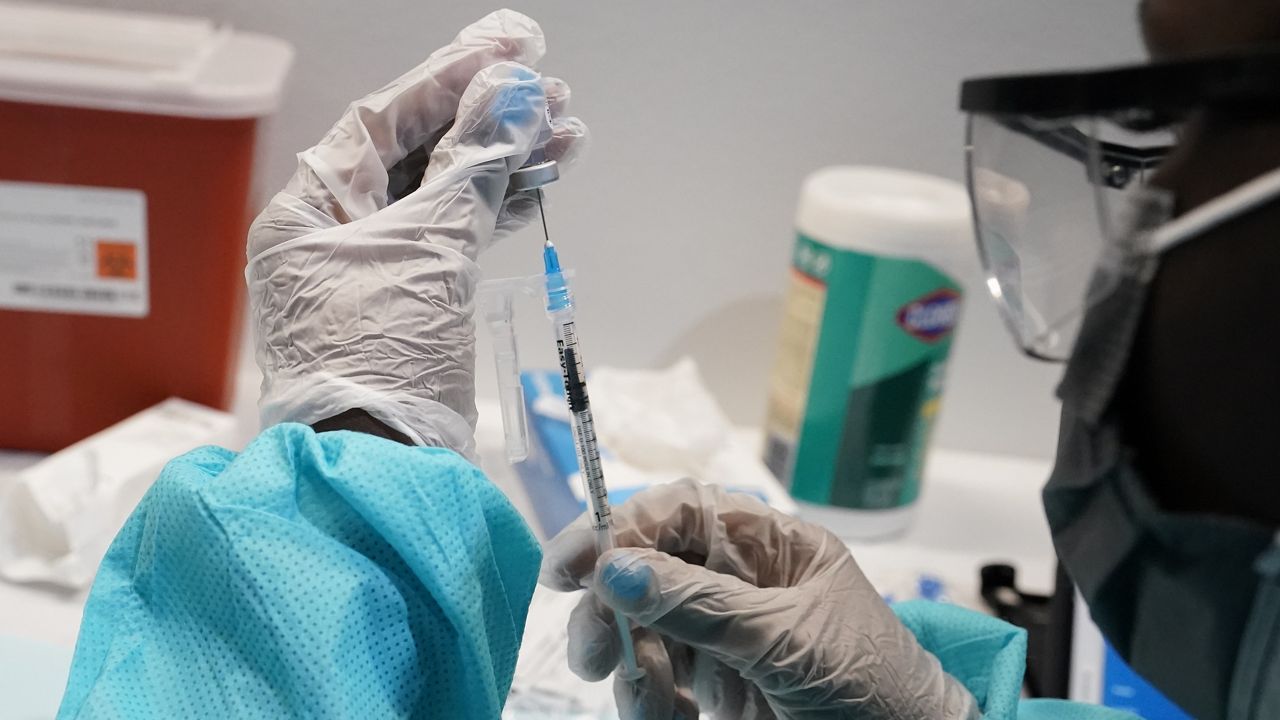Ryan LeoGrande was diagnosed with atrial fibrillation, also known as "a-fib," an irregular rapid heart rhythm.
"I didn’t live a real healthy lifestyle. I was a hundred pounds heavier than I am now and I used to drink and eat whatever I wanted, and unfortunately it caught up with me," he said. "Four years after I was diagnosed, I passed out one day. That was kind of like my wake-up call, 'I better start taking my health seriously.' "
He decided to have a cardioversion procedure, a treatment to restore a normal heartbeat when a person’s heart is beating too fast.
"A nurse came in and she said 'one of your electrodes is off.' I said, 'oh, OK.' She was messing with it and I saw myself flat-lining," LeoGrande said.
In that moment, he said his life flashed before his eyes.
"My heart rate got down to 28," LeoGrande explained.
But he said his will to live and get healthy got him through it.
"I started running and jogging. I started eating fruits and vegetables, which I never did before. I cut my calorie intake. I used to take in, embarrassingly enough, 6,000 calories a day. I cut that to 2,000 where it’s supposed to be. I lost just over 100 pounds actually," LeoGrande said.
Now he is using his experience to educate others.
"I became an ambassador for the American Heart Association in 2022. It was a great experience, I loved every minute of it. I met some great people. We had a lot of fun, my family participated in the heart run," LeoGrande said.
Happy to still be involved with the association and appreciative for people like Dr. Nathan Tucker at the research at Masonic Medical Research Institute.
"There’s a strong genetic component to this. The goal of our research is to help find that genetic component, both for screening for people like Ryan so we can pick it up hopefully before he has the event, or early on in the course of the event. Also helps screening going forward in the population at large," Dr. Nathan Tucker, assistant professor, Masonic Medical Research Institute, said.
Tucker says it’s a lengthy process to develop a drug.
"The point of some of our recent research grants and awards, one through federal funding, the National Institute of Health, and the other through the American Heart Association, is to start making those advances. To take the contributions of people like Ryan who contributed to these genetic databases to help us understand how these people are getting disease or why they’re getting disease," Dr. Tucker said.
Tucker says everyday they are making progress.
"People that have heart disease or have experienced problems related to heart disease, they see the research being done, they meet someone like Dr. Tucker, and it’s inspirational," LeoGrande said.






